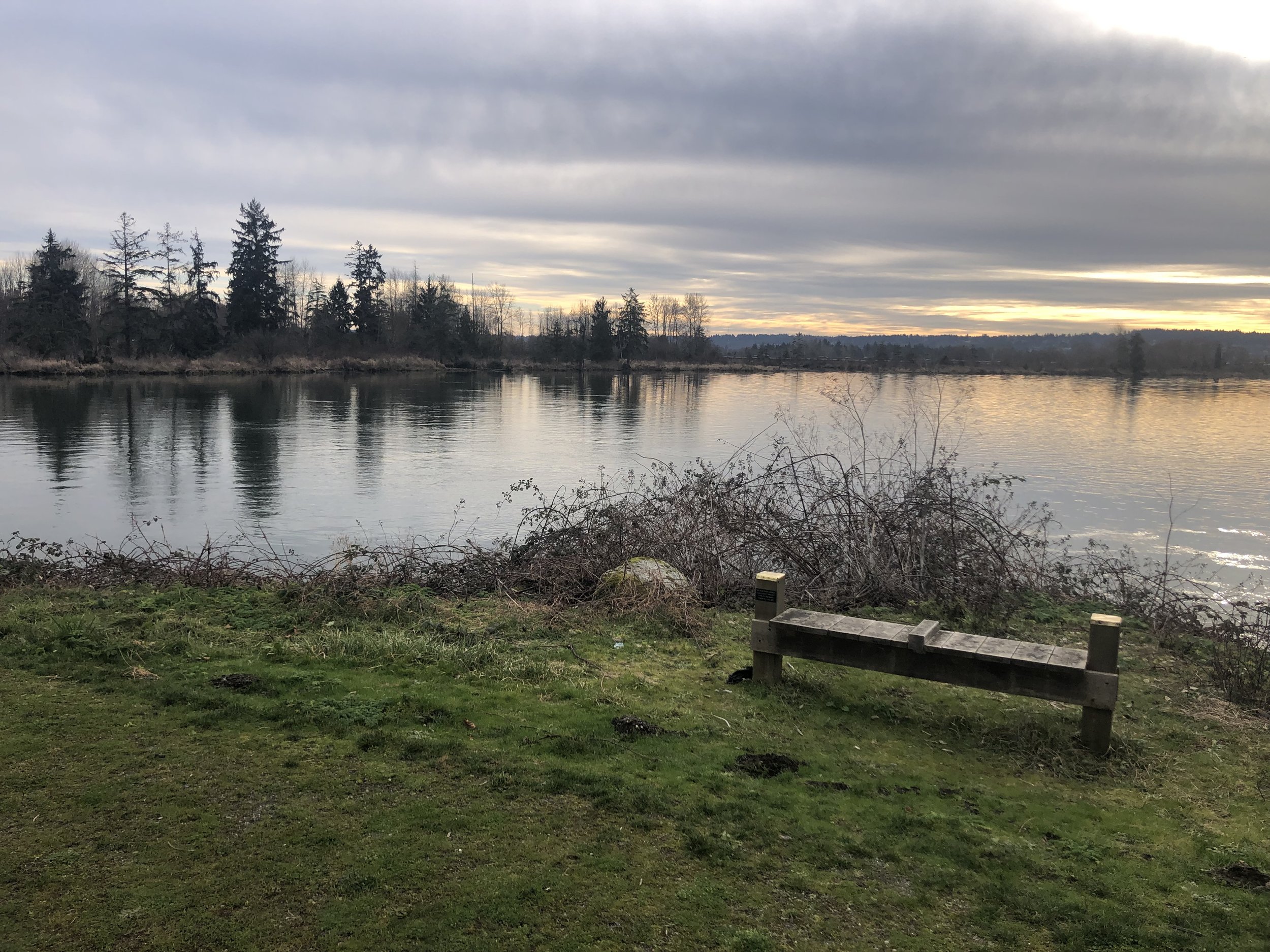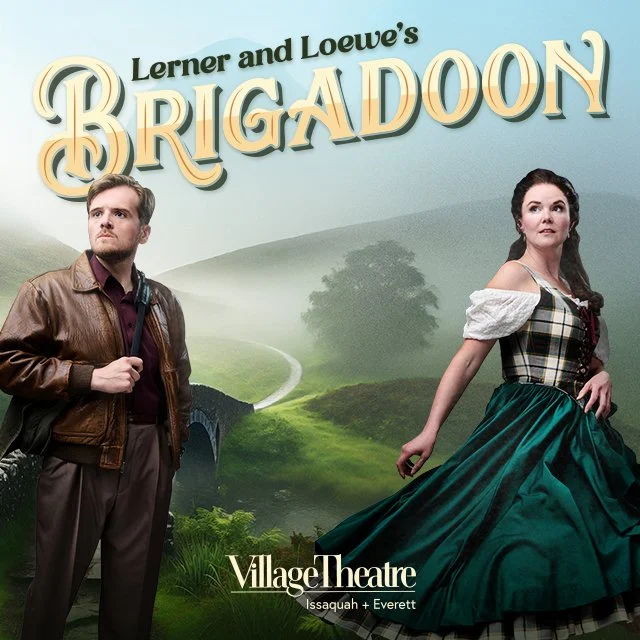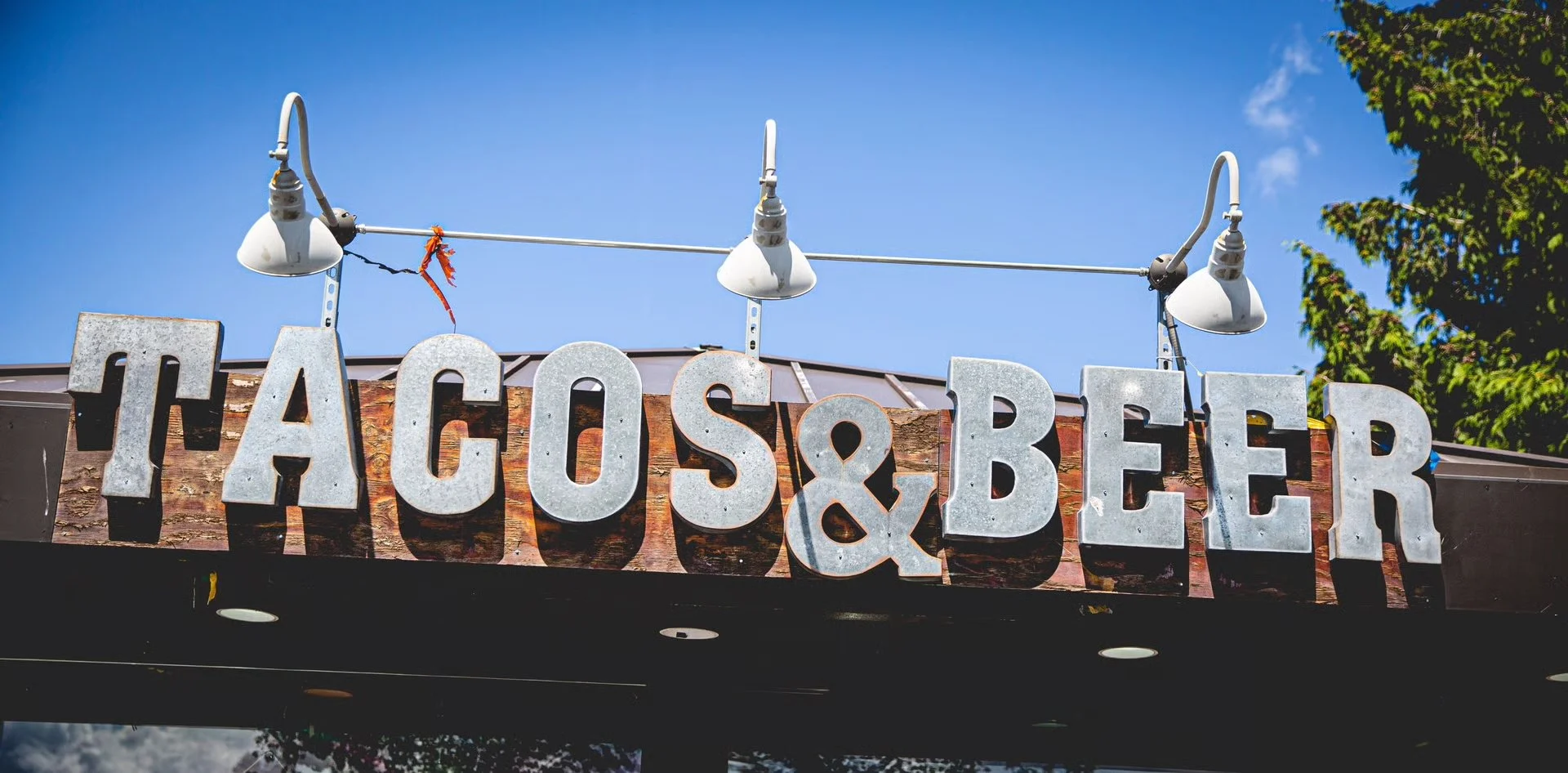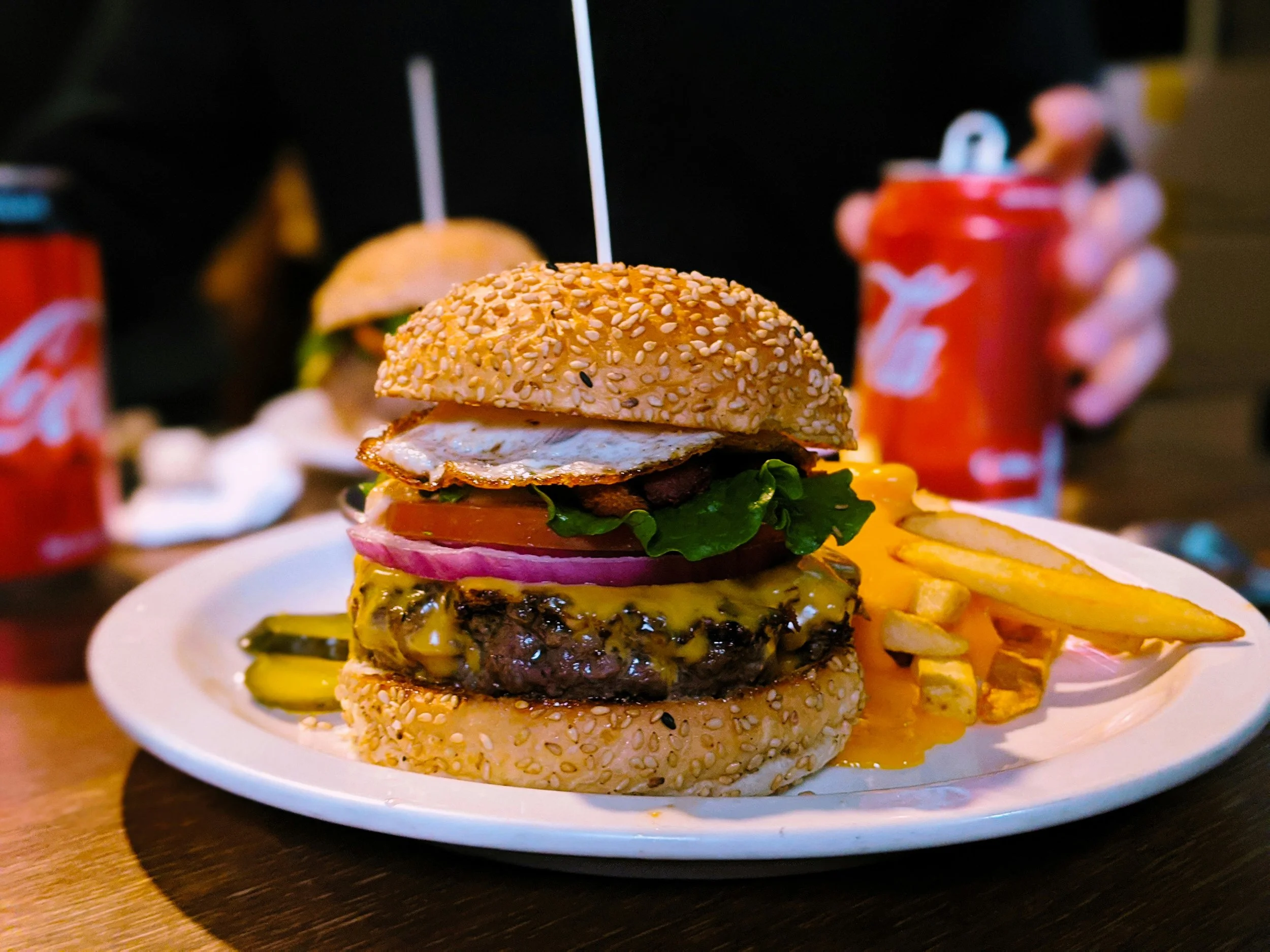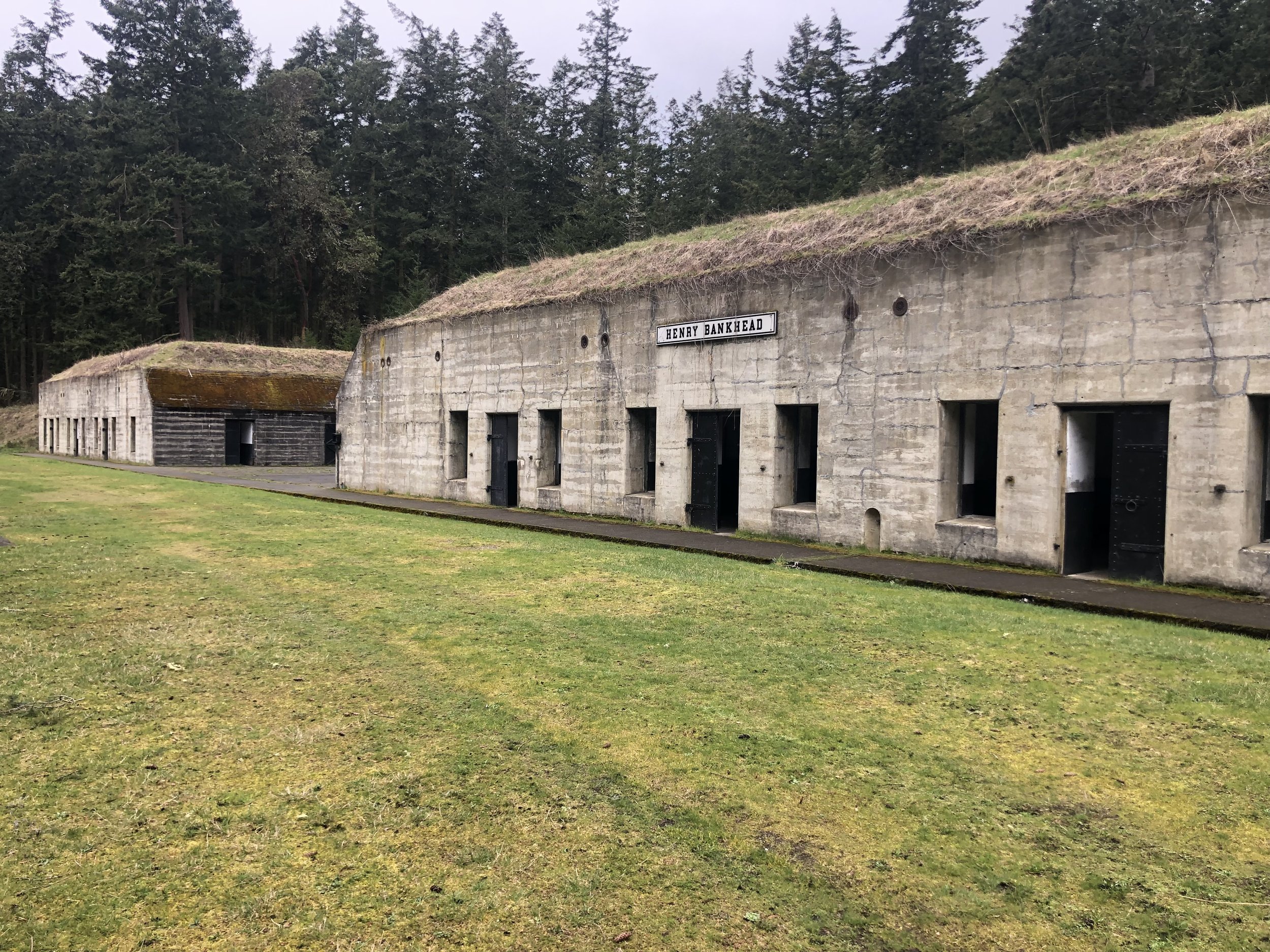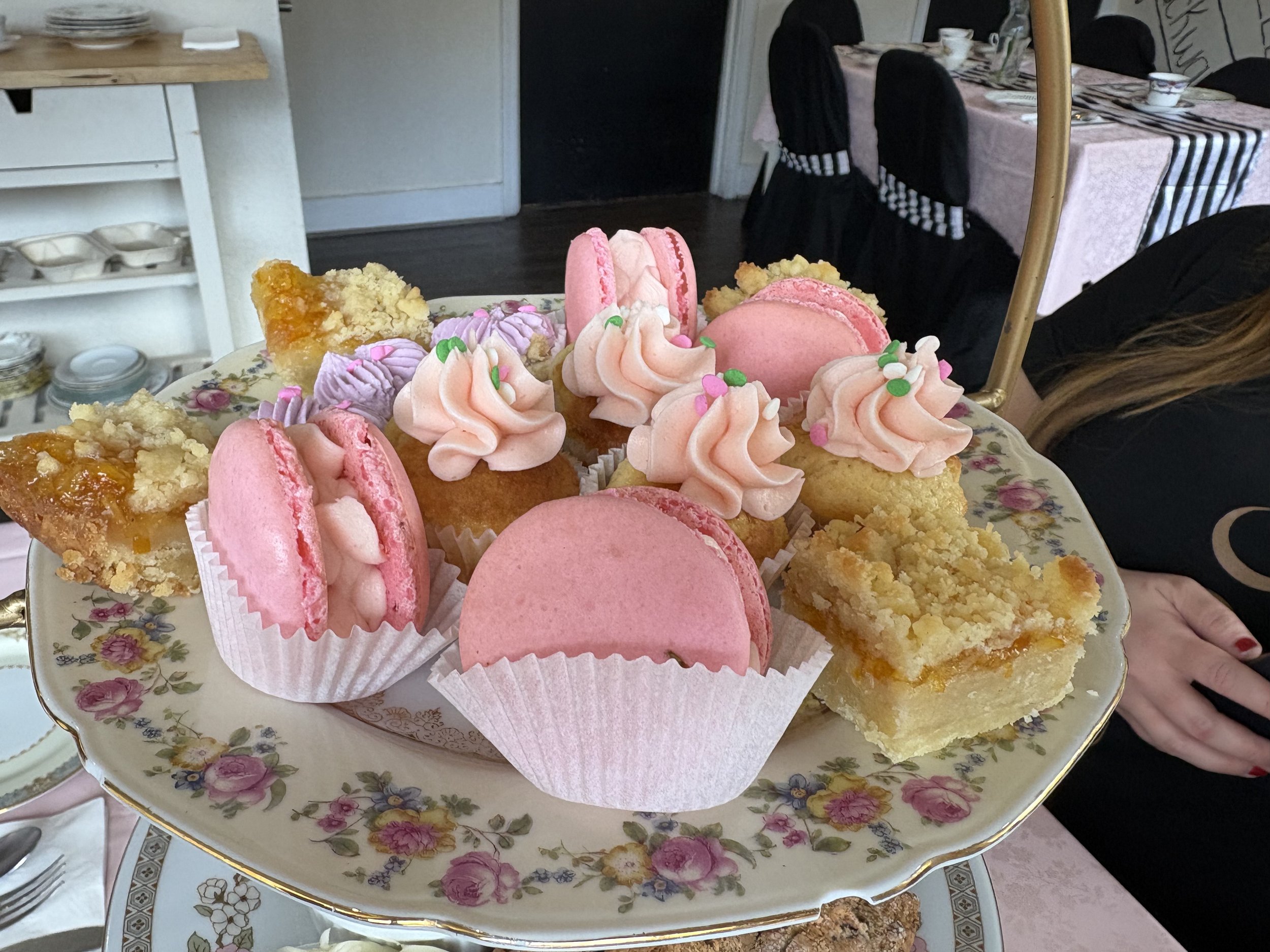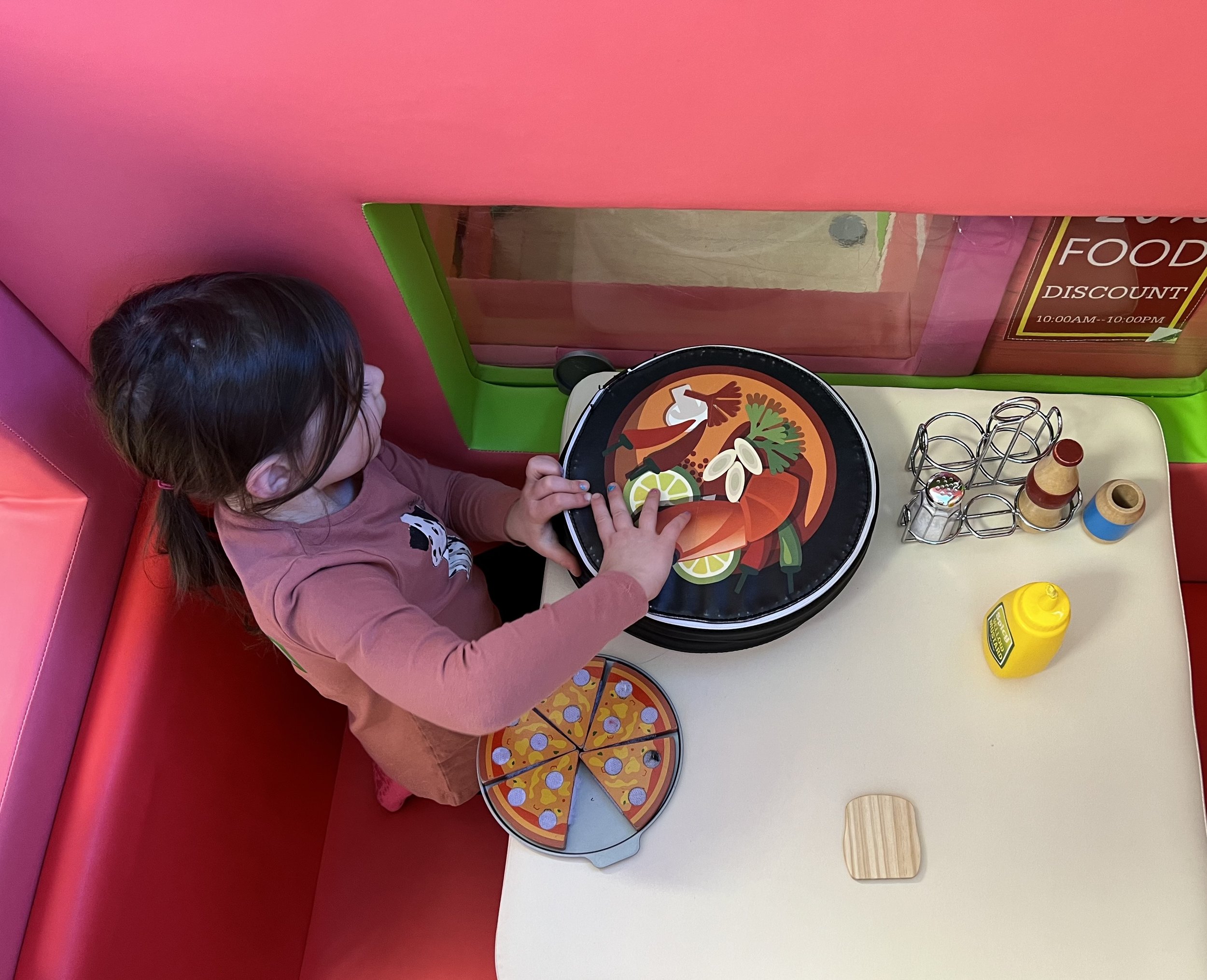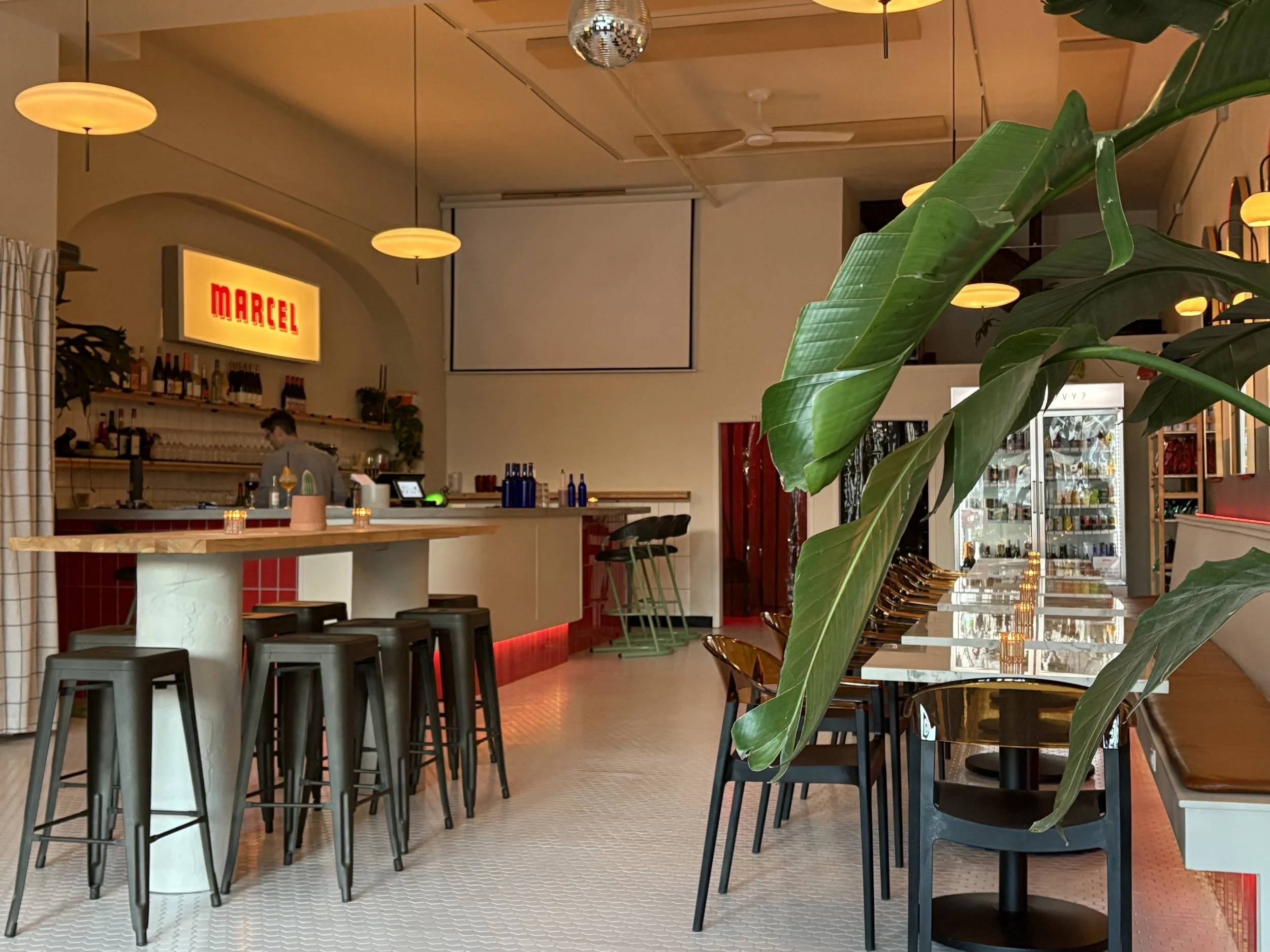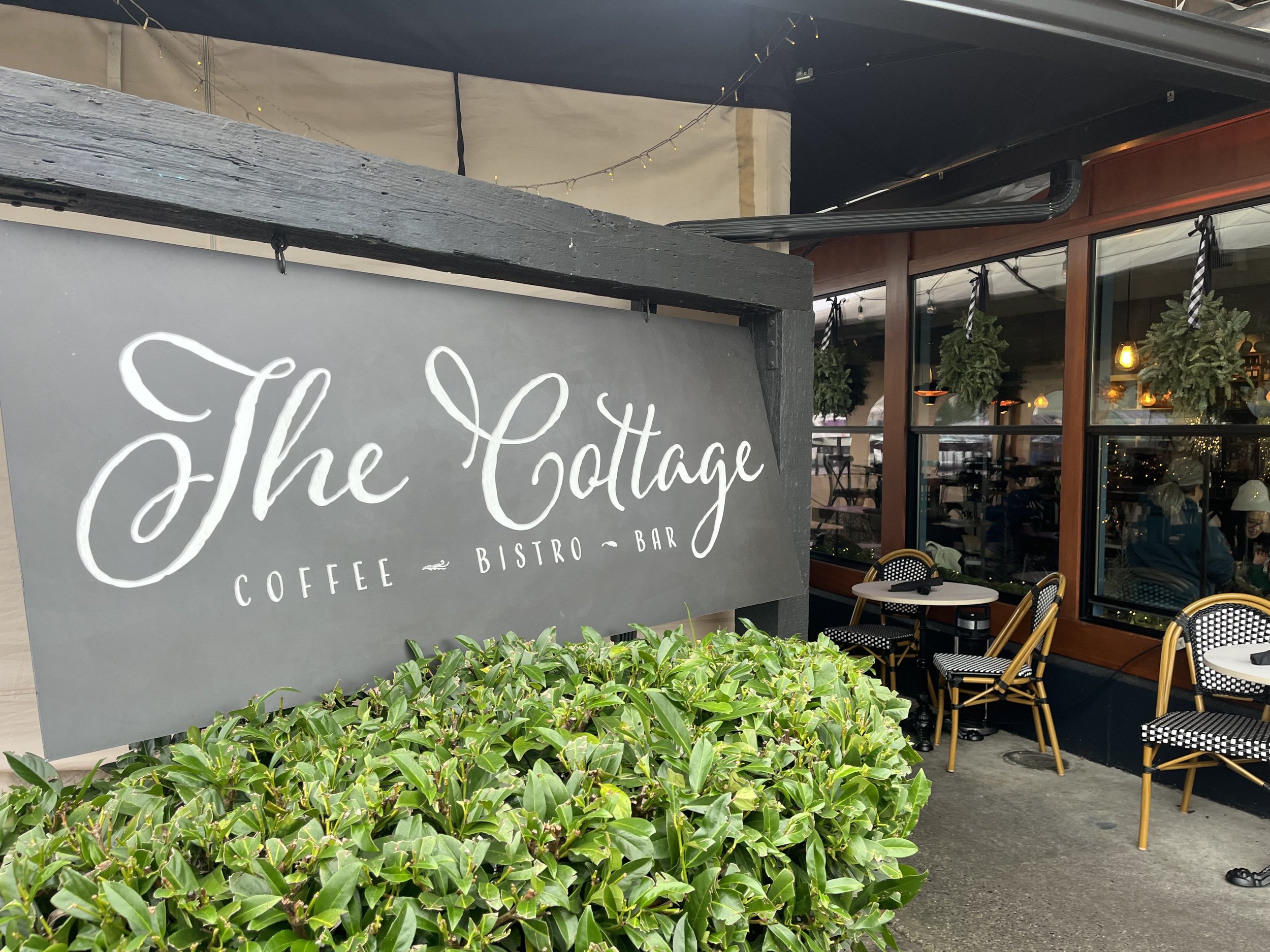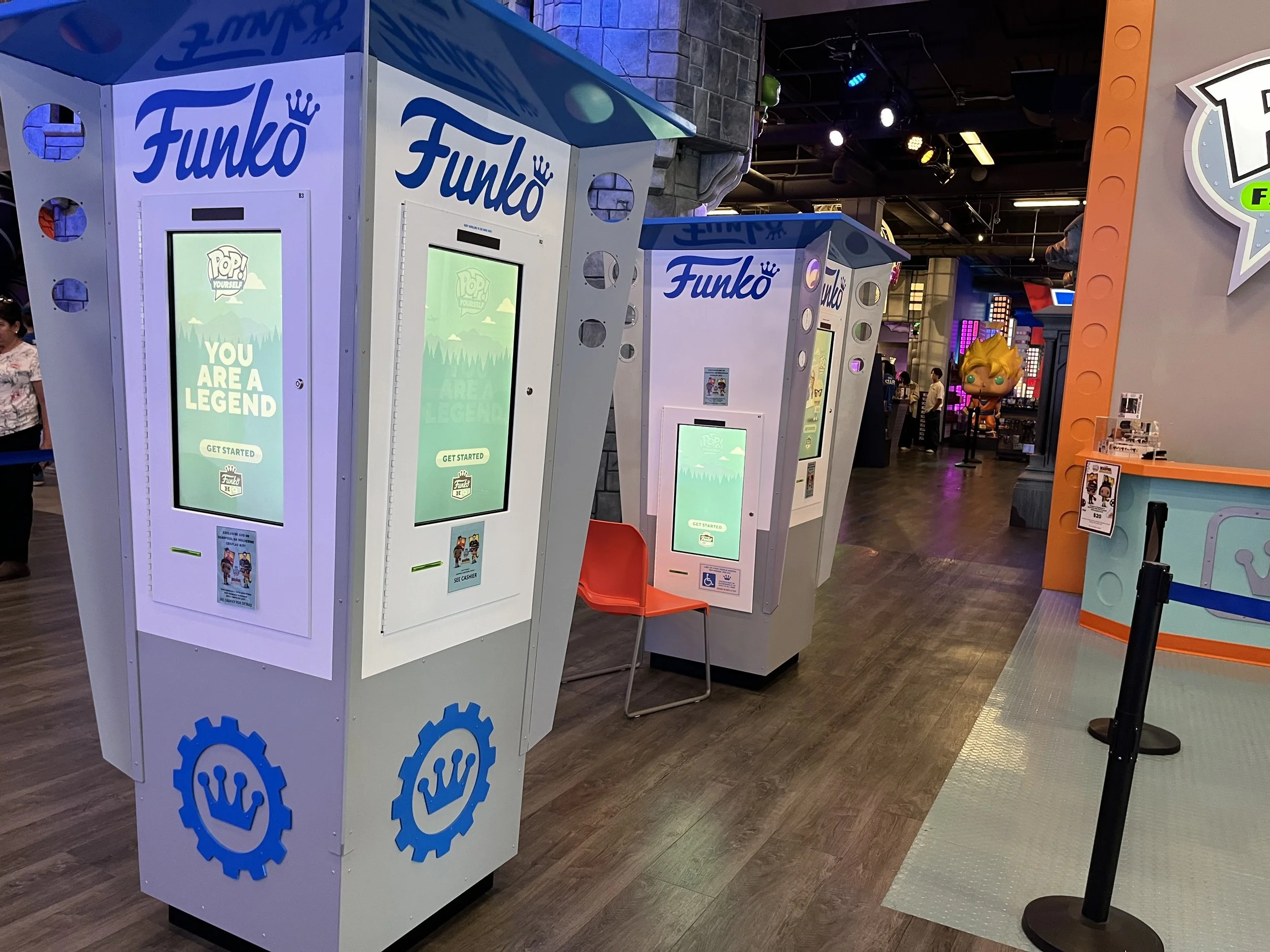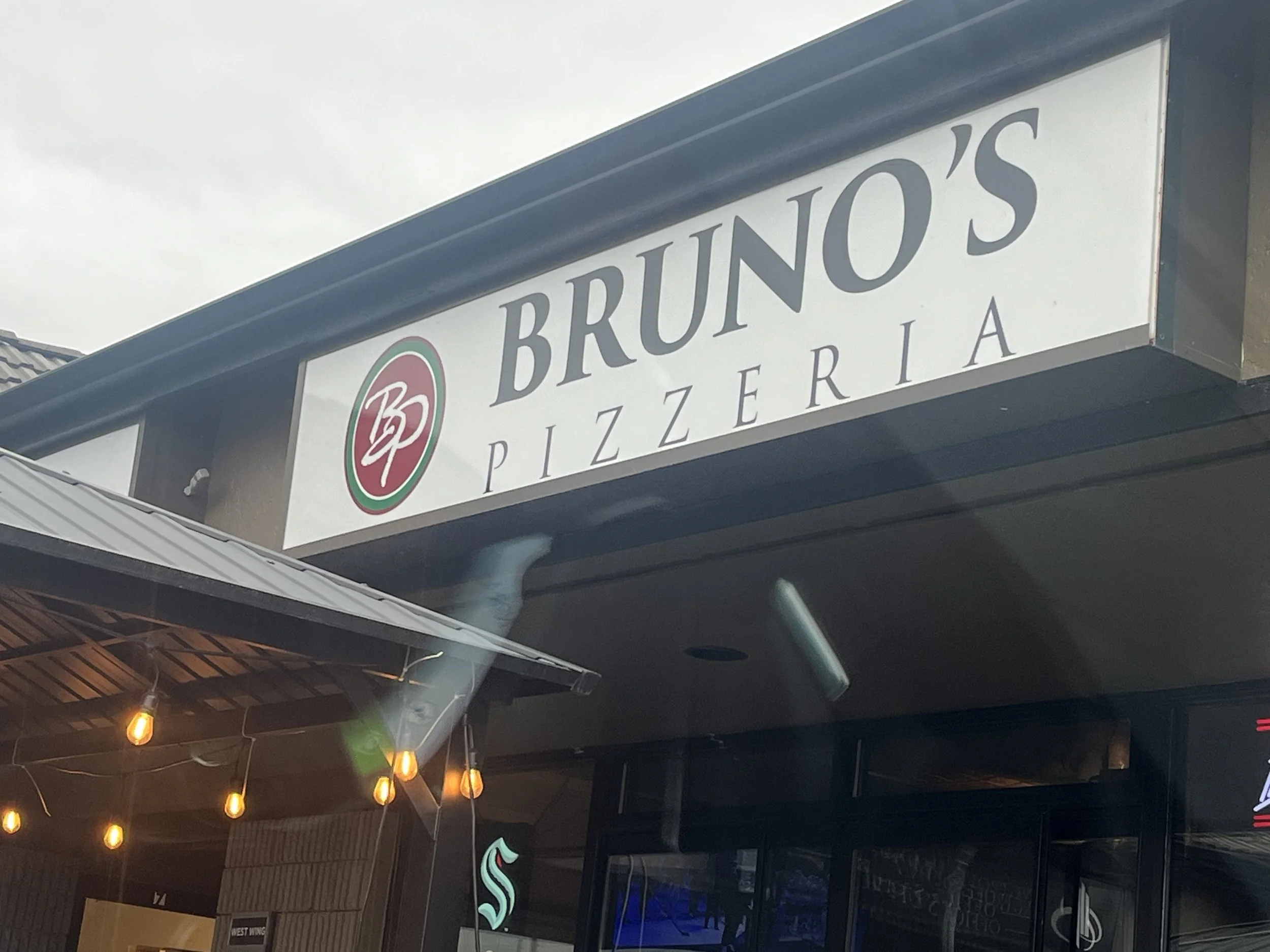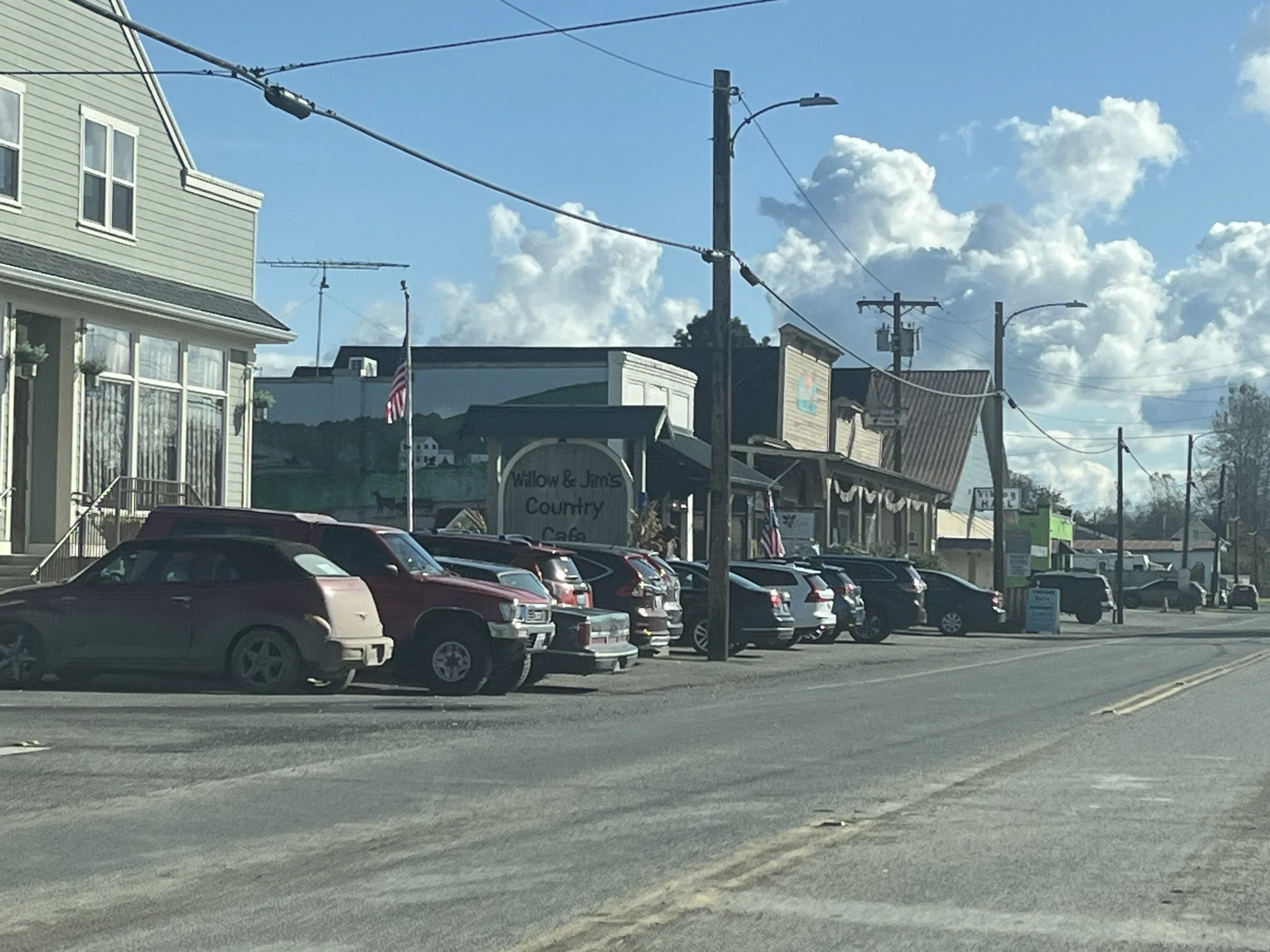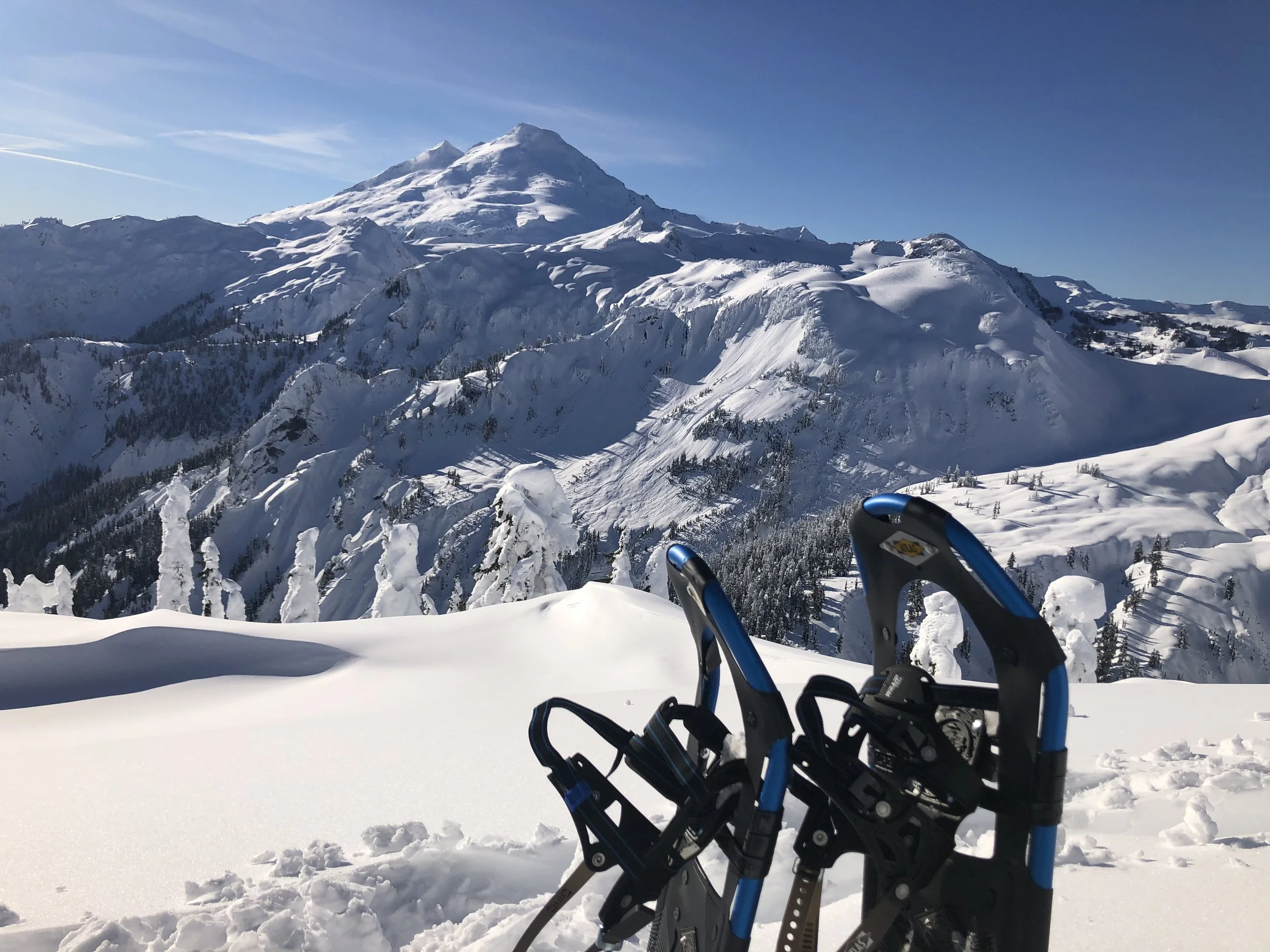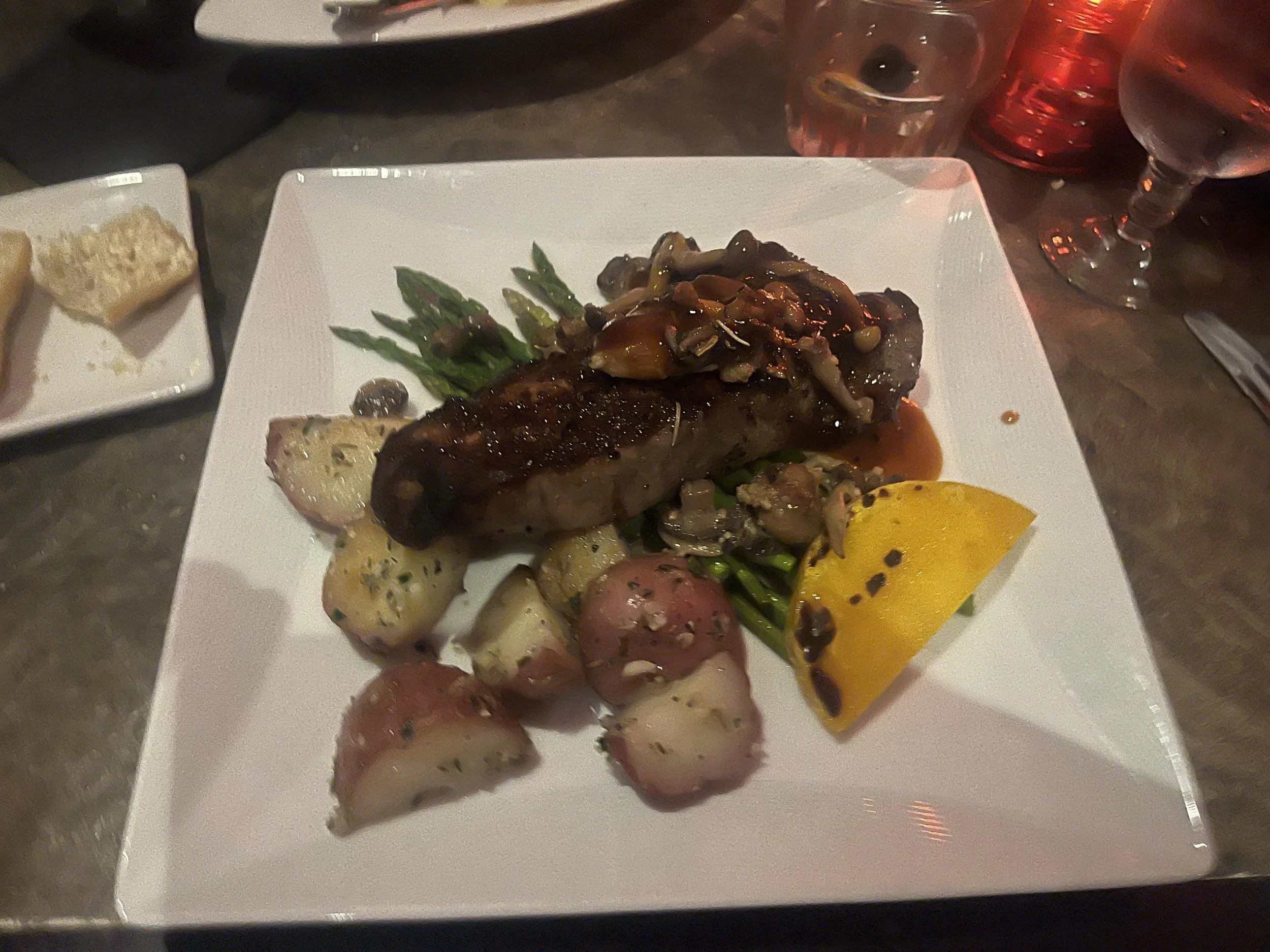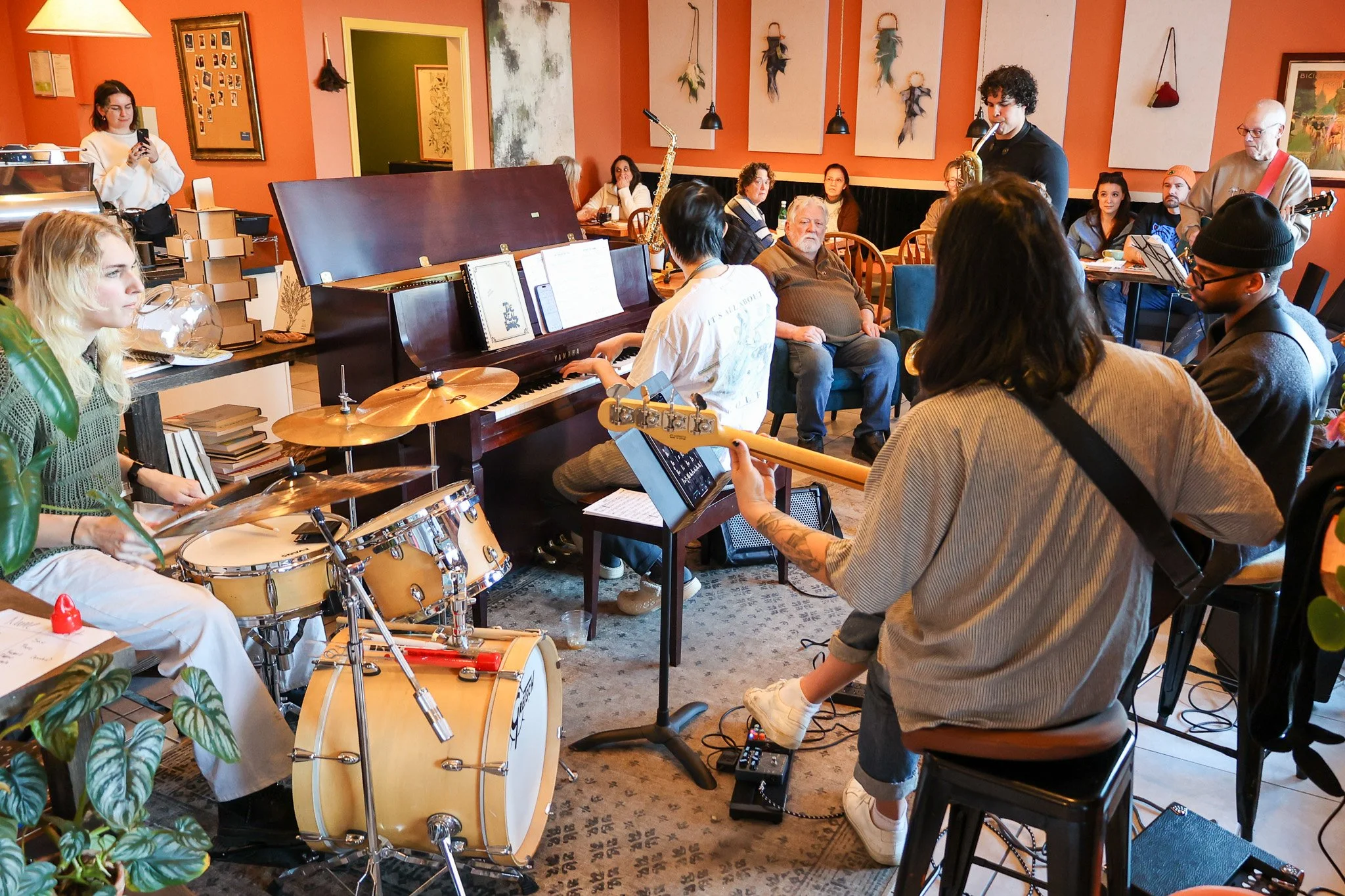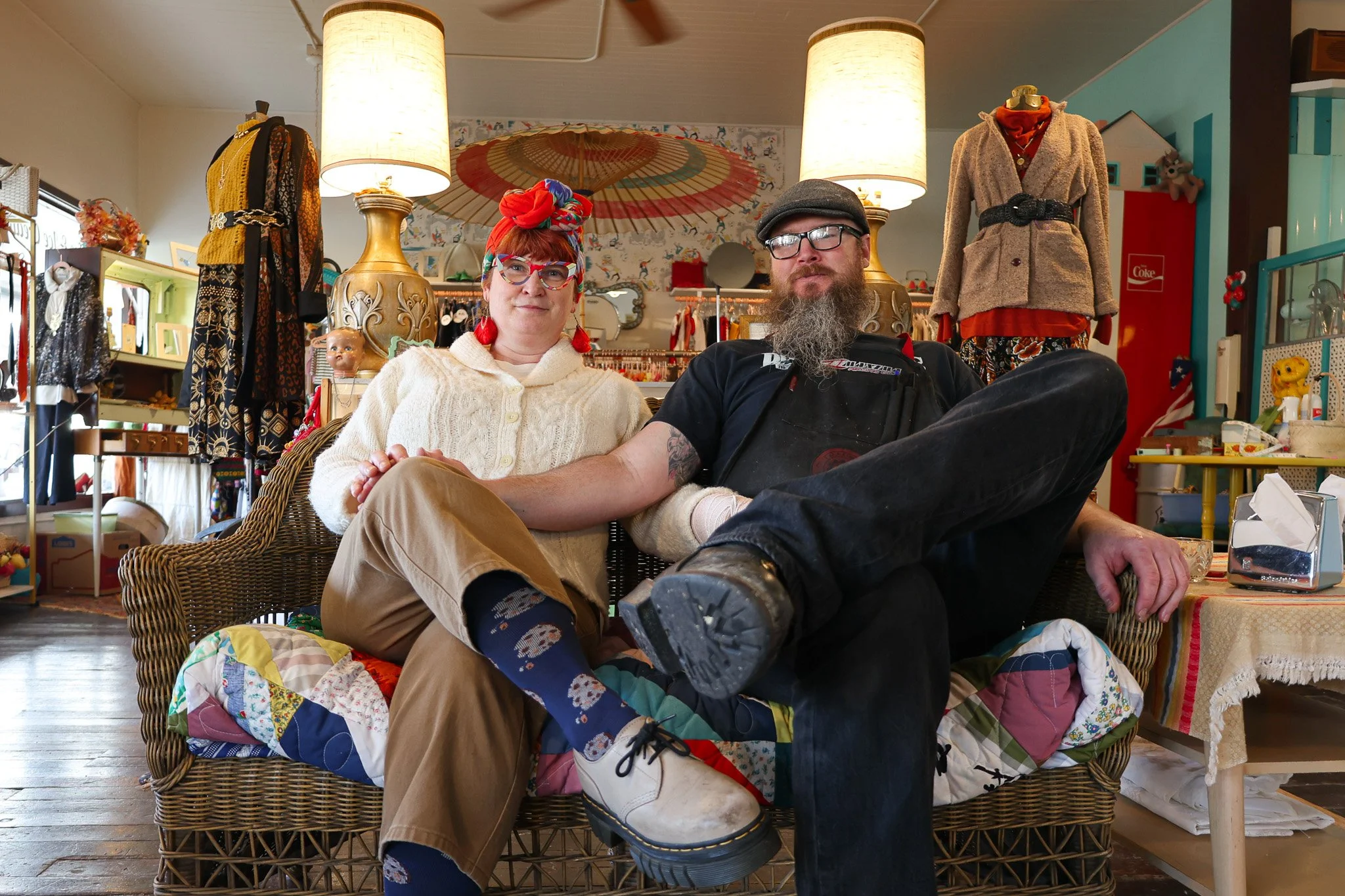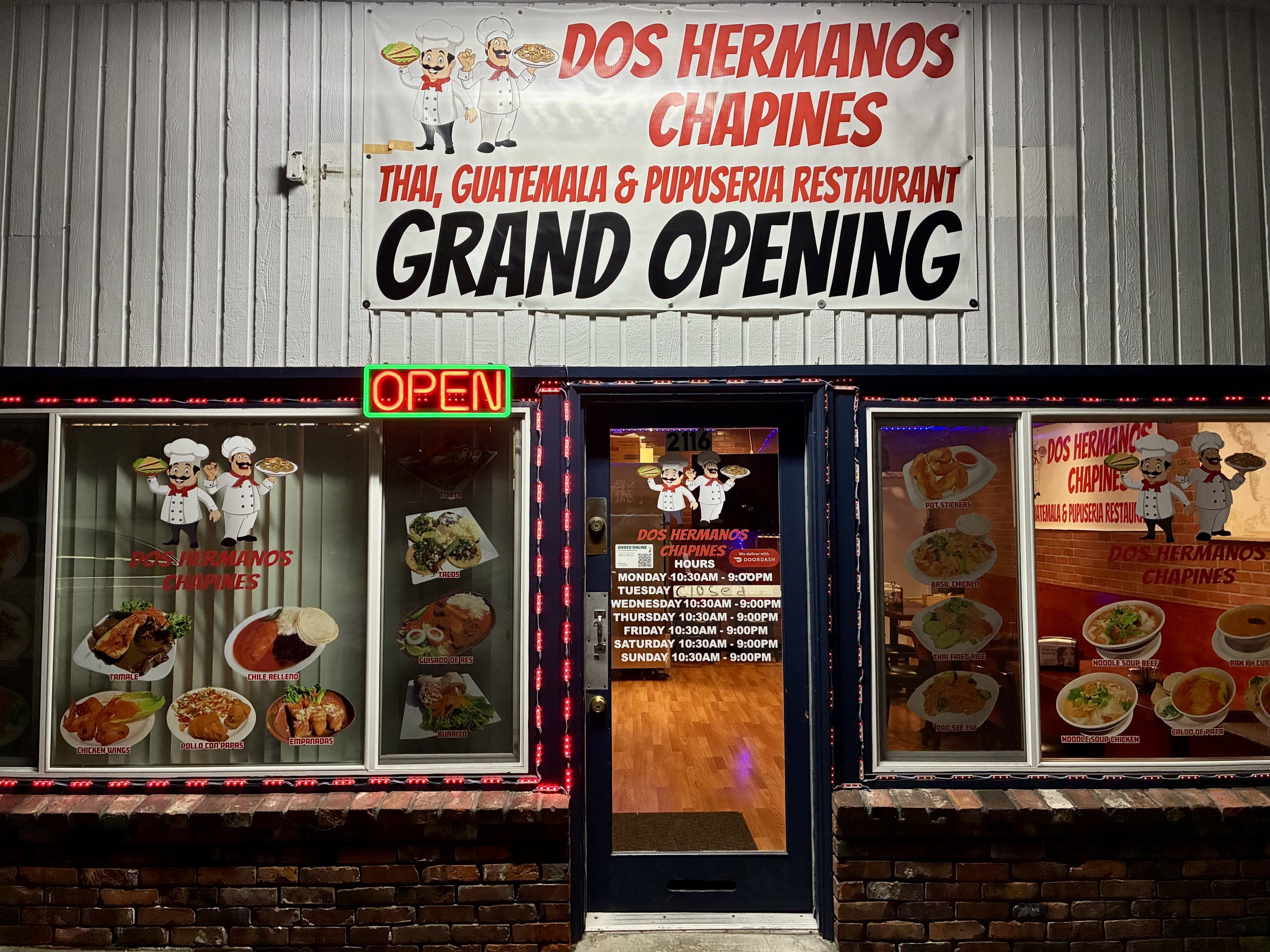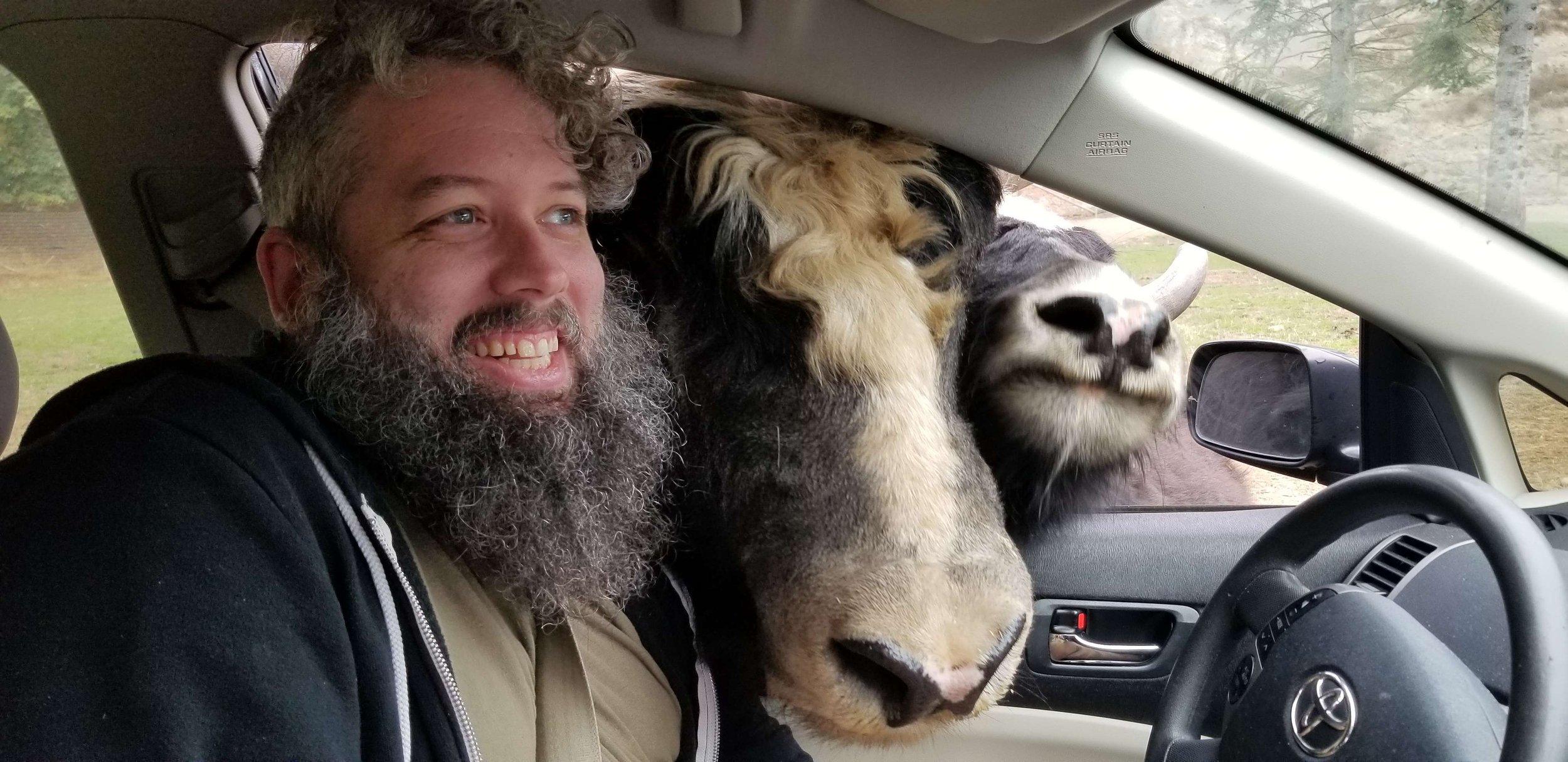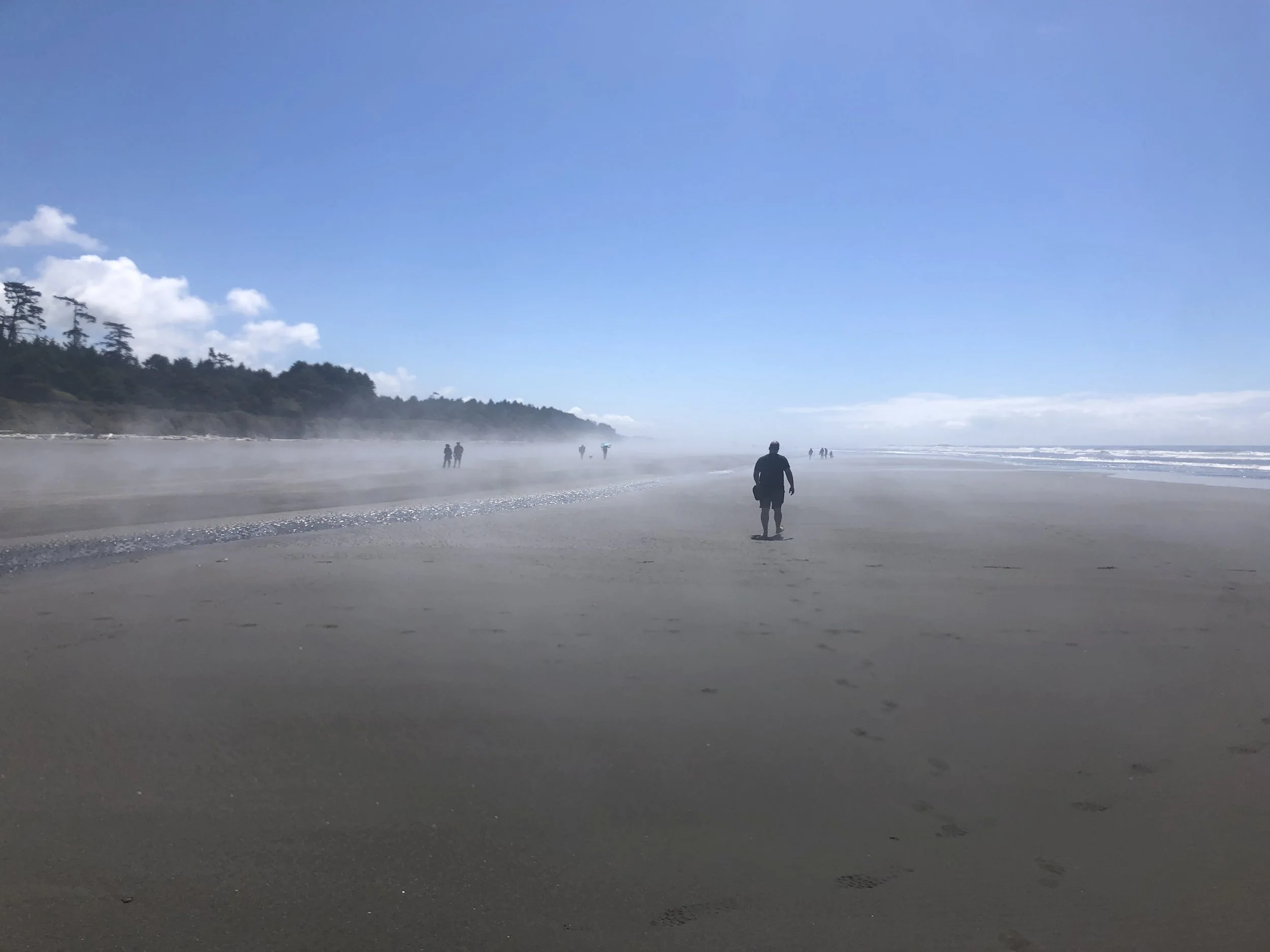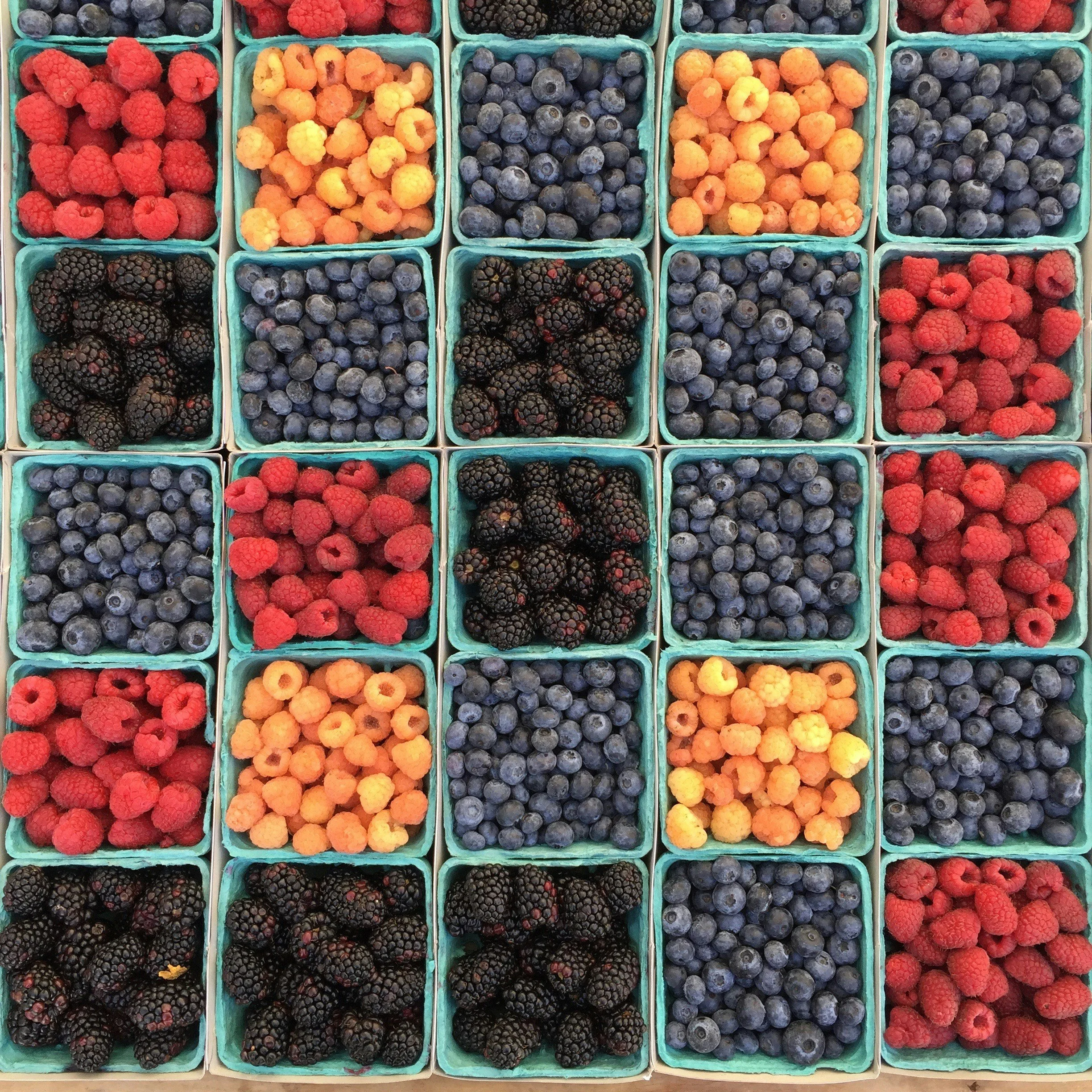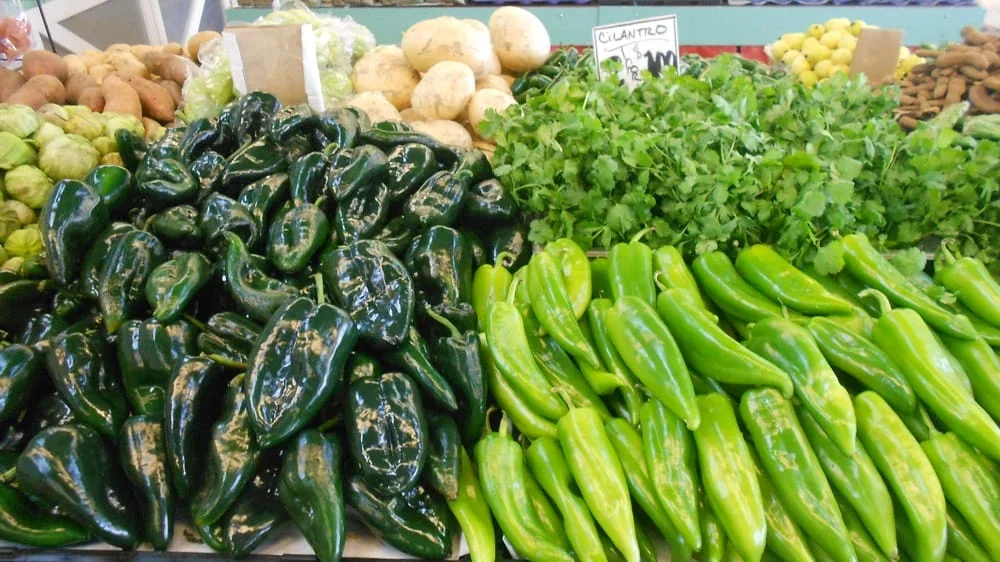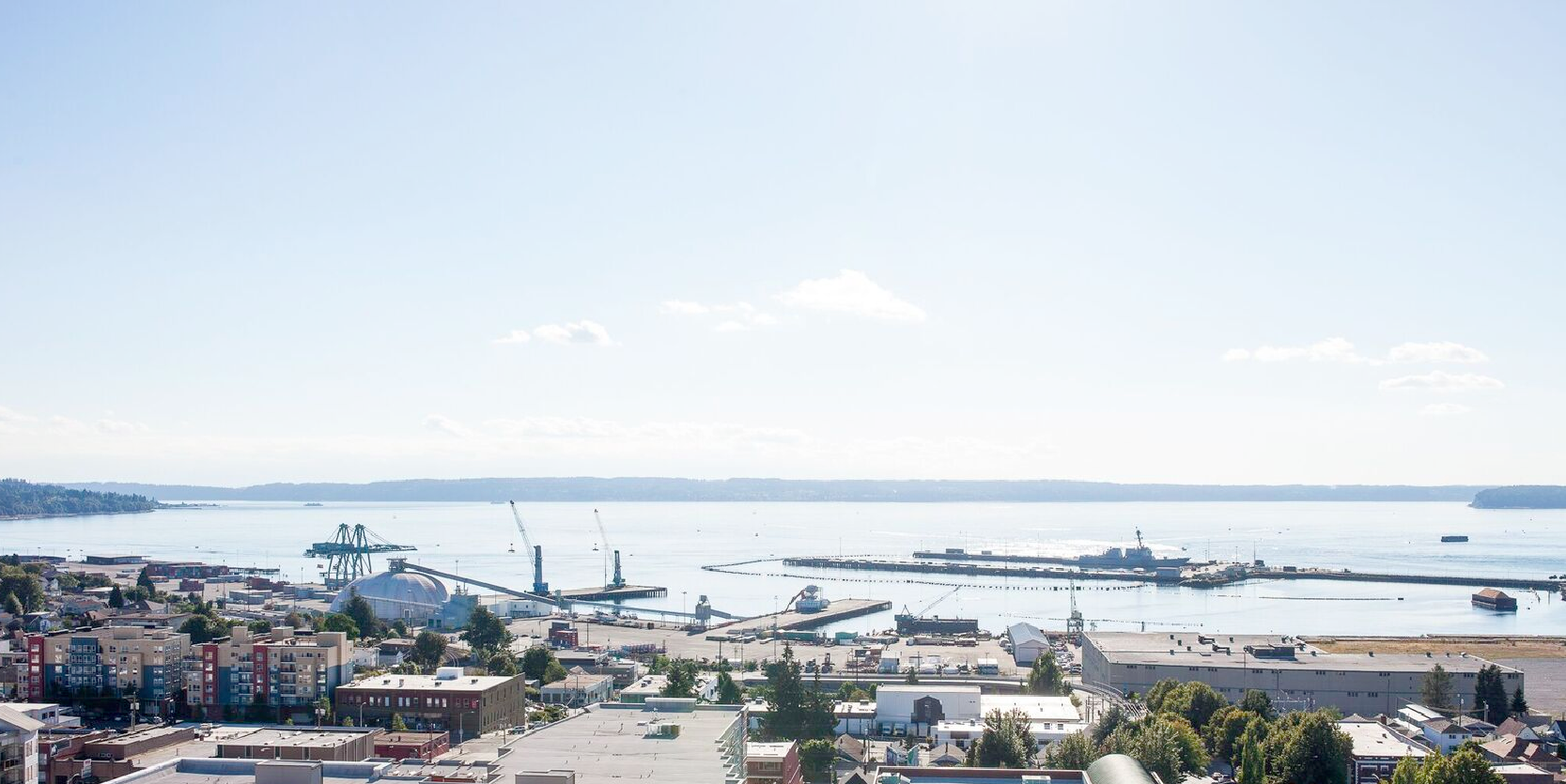Snohomish County Adventures in Mushroom Hunting
My daughters and I walk through autumn woods with knives, baskets, and paper sacks. We venture to the mouths of abandoned train tunnels and ominous caves filled with dripping moss. My kids are eagerly chatting, pointing out the wonders of PNW nature, but during lulls in the conversation there is only the lonesome sound of wind in the Douglas Firs. It is muddy. It is windy. It is perfect.
We are the amateur mycologists.

Images by Richard Porter
Back at the trailhead we meet up with the other members of the Snohomish County Mycological Society as they spread their foraged mushrooms on folding tables covered in waxed paper. We’re bundled up in fleece and parkas, wool socks and beanies. It’s a typically damp October day in the backwoods of the Pacific Northwest.
Members come in all ages and walks of life -- a bearded hippie helps school kids to identify their haul by genus and species. The air is full of excited chatter. Everyone is cautioned to stick to the tried-and-true rule: when in doubt, do not eat it. We don’t eat anything, but instead leaf through mushroom hunting guides to try to identify our catch of the day.

Nice spread // Richard Porter
My daughters and I were hoping for delicious fiery-red lobster mushrooms, white-tendriled lion’s mane, or delicious buttery chanterelles. Instead we came away with a bag full of rather slimy boletes and piles of FLBM or “funny little brown mushrooms” (this is a common shorthand in mycology circles). No hard feelings.
The wonder-filled nature walk in the woods with my family was its own reward.
Mycology 101
For those of you who don’t know, mycology is the science devoted to the study of fungi, the organisms behind the mushrooms that sprout from the forest floor and grassy medians of Everett. Fungi have been around for one billion years and, in fact, humans can’t live (or decompose) without them. And what would life be without delicious fungi-powered foods like bread, cheese, and alcohol?
Mycology, in my experience and observation, is one of those pastimes that radicalizes its practitioners. A casual mushroom foray can turn the amateur into an ardent citizen scientist. It’s an escalation, an obsession. It’s so much fun!

A young forager // Richard Porter
Last year I bought an annual family membership to the Snohomish County Mycological Society. It was only $12! Our society membership allowed me (and sometimes my kids) to access exclusive forays, workshops, and monthly presentations. I supplemented this knowledge with my own education. I soaked up YouTube videos, Netflix documentaries, and library books about mushrooms. The mushroom kingdom digital content rabbit hole is deep and wide, my friends -- there’s seemingly no end to the amazing kingdom of fungi, its practical applications, and surprising traits.
The Wild Mushroom show
Snohomish Mycological Society was founded in 1971 and serves as an educational nonprofit. This month they are putting on their annual Wild Mushroom Show at Floral Hall on October 22. Hosted in cooperation with Everett Parks and Recreation, the annual show features a display of wild mushrooms collected by SCMS members, mushroom kits, and free classes on mushroom identification. The free event also offers books, videos, and a raffle.

Success // Richard Porter
This is a great STEM opportunity for young learners. I plan to take my daughters. They’re in elementary school and love to study the natural world.
As autumn transforms the woods to fiery colors, consider joining the Snohomish County Mycological Society and embarking on your own mushroom foraging adventure in the Pacific Northwest woods. The experience may or may not yield a bountiful harvest but it will definitely give you a profound connection to the natural world that surrounds you.
Inhale the forest's earthy perfume, listen to the rustle of leaves, and let the allure of amateur mycology take you on a sensory journey through the heart of the woods. Happy foraging!
Check out the Wild Mushroom Show on Oct 22nd, 2023
at Floral Hall in Forest Park.
Admission is free, but donations are accepted.

Richard Porter is a writer for Live in Everett.
